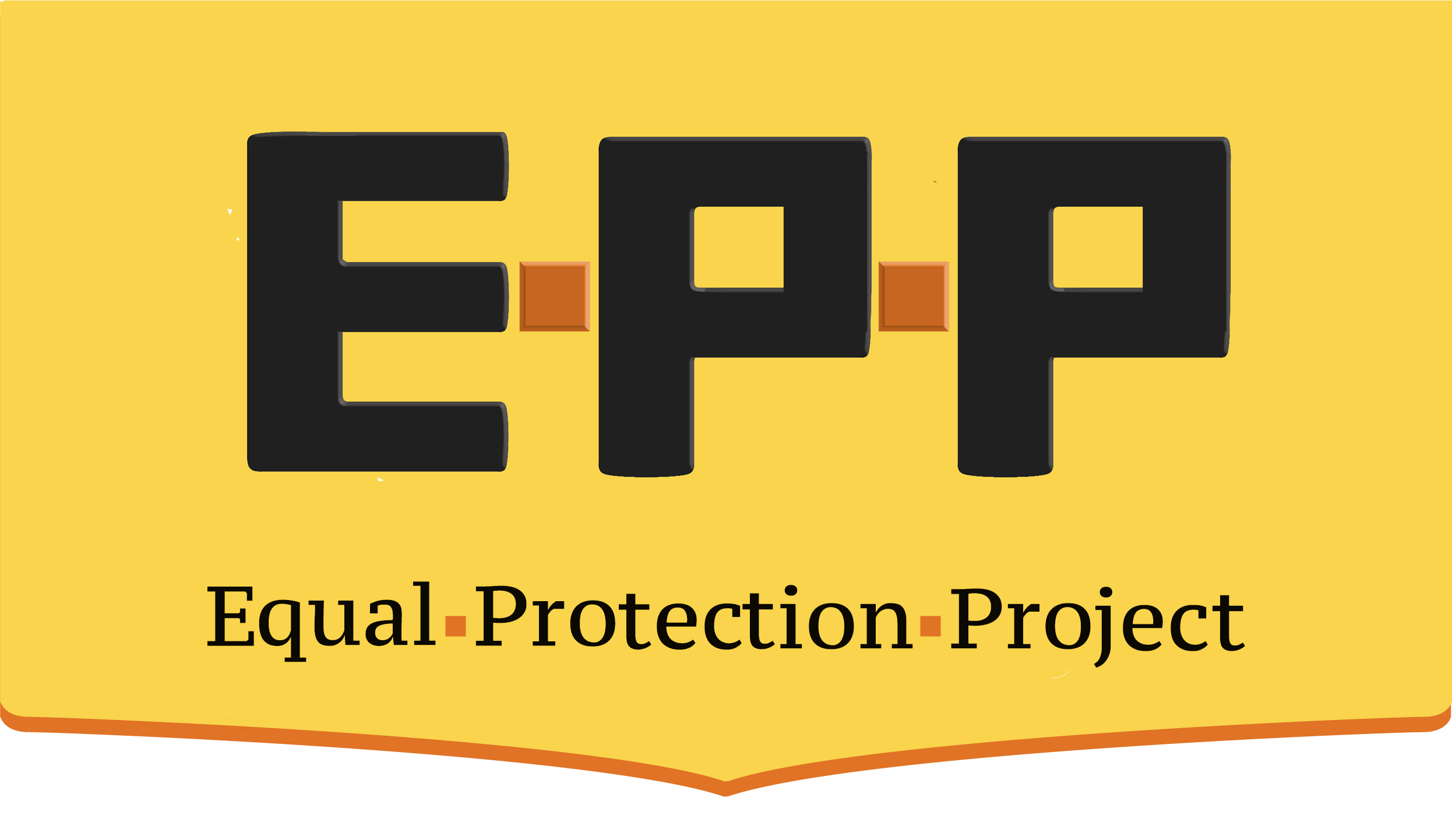
Case
Equal Protection Project v. Yale Medical School & the American Academy of Addiction Psychiatry
Case Particulars
Tribunal
Health & Human Services Office for Civil Rights (HHS OCR)
Date Filed
June 24, 2025
Docket No.
N/A
Case Status
HHS OCR Complaint Filed
Case Overview
On June 24, 2025, the Equal Protection Project (EPP) filed a civil rights complaint with the U.S. Department of Health & Human Services (HHS) Office for Civil Rights (HHS OCR) against Yale Medical School and the American Academy of Addiction Psychiatry (AAAP) “for their administration and promotion of the Reach Minority Fellowship (“REACH”), pursuant to an HHS grant, which discriminates based on race, color, and/or national origin, in violation of Title VI of the Civil Rights Act of 1964 (“Title VI”) and Section 1557 of the Affordable Care Act (“Section 1557”).”
EPP’s civil rights complaint continues:
AAAP, in partnership with Yale, offers REACH—a one-year training program for minority healthcare professional students focused on improving care for racially and ethnically underrepresented minorities (URMs) with substance use disorders.
AAAP received a grant from the U.S. Department of Health and Human Services to fund this fellowship. Although the grant is titled the “Minority Fellowship Program” and emphasizes “outreach to URM medical students and residents,” its terms do not mandate race-based selection criteria. Instead, the stated purpose is to “serve racial and ethnic minority populations,” and participation is not limited by race.
While the grant language references an “intensive recruitment strategy” focused on underrepresented medical students and residents and institutions “with missions oriented toward the underserved,” these descriptions relate to outreach efforts—not eligibility restrictions. The goal is to build a workforce of culturally informed physicians with expertise in addiction medicine, which the grant says will “improve outcomes for minority populations.” In short, the program is framed around serving specific communities, but it does not require exclusion of individuals based on race or ethnicity.
The Complaint explains the racially discriminatory nature of the REACH program: “AAAP and Yale have imposed a race, color, and national origin requirements on applicants,” in that: “[A]pplicants must be…from [a] racial/ethnic minoritized population (i.e., Black, African, or African American, non-Caucasian Hispanic or Latinx, American Indian or Alaska Native, Native Hawaiian or Pacific Islander).” [emphasis added]
The Complaint next explains how the REACH program violates federal law:
The REACH program as implemented by AAAP and Yale violates Title VI, by discriminating on the basis of race, skin color, or national origin. Furthermore, because REACH is a health program, such discrimination also violates Section 1557 of the ACA.
Title VI prohibits intentional discrimination on the basis of race, color, or national origin in any “program or activity” that receives federal financial assistance. See 42 U.S.C. § 2000d. The term “program or activity” encompasses “all of the operations … of a college, university, or other postsecondary institution, or a public system of higher education.” See 42 U.S.C. § 2000d4a(2)(A). As noted in Rowles v. Curators of the University of Missouri, 983 F.3d 345, 355 (8th Cir. 2020), “Title VI prohibits discrimination on the basis of race in federally funded programs,” and therefore applies to universities receiving federal financial assistance. Because Yale and AAAP receive federal funds, they are subject to Title VI…
Section 1557 of the Affordable Care Act (ACA) bars discrimination based on race or sex in any health program or activity that receives federal financial assistance. This includes funding from the HHS for programs that provide health education, conduct clinical or health research, or deliver health-related services. The nondiscrimination requirements apply broadly, covering “all of the operations of any entity principally engaged” in administering or providing these types of health initiatives.
Finally, EPP’s complaint summarizes and requests HHS OCR take action:
Because the discrimination outlined above is presumptively illegal, and since AAAP and Yale cannot show any compelling government justification for it, the fact that they condition eligibility on race, color, or national origin violates federal civil rights statutes and the Affordable Care Act.
HHS OCR has the power and obligation to investigate AAAP and Yale’s role in creating, funding, promoting and administering this fellowship and to impose whatever remedial relief is necessary to hold them accountable for that unlawful conduct. This includes, if necessary, imposing fines, initiating administrative proceedings to suspend or terminate federal financial assistance and referring the case to the Department of Justice for judicial proceedings to enforce the rights of the United States under federal law. After all, “[t]he way to stop discrimination … is to stop discriminating[.]” Parents Involved in Cmty. Sch. v. Seattle Sch. Dist. No. 1, 551 U.S. 701, 748 (2007).
Accordingly, we respectfully ask that the Department of Health and Human Services promptly open a formal investigation, impose such remedial relief as the law permits for the benefit of those who have been illegally excluded from the REACH Fellowship based on discriminatory criteria, and ensure that all ongoing and future programming at AAAP and Yale comport with federal civil rights laws.
HHS OCR is evaluating EPP’s civil rights complaint for further action.
Case Documents
Media Coverage
- Yale, AAAP hit with civil rights complaint over racially exclusive fellowship, Brendan McDonald, Campus Reform (July 7, 2025)
- Equal Protection Project Calls On HHS To Conduct “Comprehensive Review” Of Hundreds Of Potentially Discriminatory Grants, William A. Jacobson, Legal Insurrection (July 7, 2025)
- EXCLUSIVE: Civil Rights Group Urges HHS To Audit Hundreds Of Potentially Discriminatory Grants, Katelynn Richardson, Daily Caller (July 3, 2025)
- Discriminatory American Academy of Addiction Psychiatry and Yale Medical Joint Program Challenge By Equal Protection Project, William A. Jacobson, Legal Insurrection (June 29, 2025)
- Yale scholarship discriminating based on race, civil rights complaint alleges, Joshua Q. Nelson, Fox News (June 28, 2025)


